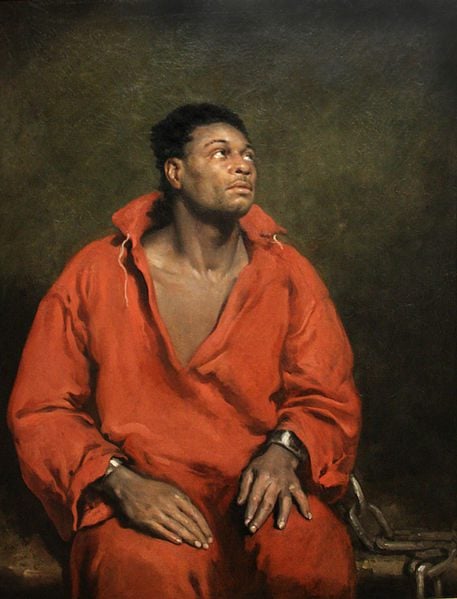
From Jordan B. Peterson, 12 Rules for Life: An Antidote to Chaos (Toronto: Random House Canada, 2018), 186-187.
Christianity achieved the well-nigh impossible. The Christian doctrine elevated the individual soul, placing slave and master and commoner and nobleman alike on the same metaphysical footing, rendering them equal before God and the law. Christianity insisted that even the king was only one among many. For something so contrary to all apparent evidence to find its footing, the idea that worldly power and prominence were indicators of God’s particular favor had to be radically de-emphasized. This was partly accomplished throught the strange Christian insistence that salvation could not be obtained through effort or worth — through “works.” Whatever its limitations, the development of such doctrine prevented king, aristocrat and wealthy merchant alike from lording it morally over the commoner. In consequence, the metaphysical conception of the implicit transcendent worth of each and every soul established itself against impossible odds as the fundamental presupposition of Western law and society. That was not the case in the world of the past, and is not the case yet in most places of the world of the present. It is in fact nothing short of a miracle (and we should keep this fact firmly before our eyes) that the hierarchical slave-based societies of our ancestors reorganized themselves, under the sway of an ethical/religious revelation, such that the ownership and absolute domination of another person came to be viewed as wrong.
It would do us well to remember, as well, that the immediate utility of slavery is obvious, and that the argument that the strong should dominate the weak is compelling, convenient and eminently practical (at least for the strong). This means that a revolutionary critique of everything slave-owning societies valued was necessary before the practice could be even questioned, let alone halted (including the idea that wielding power and authority made the slave-owner noble; including the even more fundamental idea that the power wielded by the slave-owner was valid and even virtuous). Christianity made explicit the surprising claim that even the lowest person had rights, genuine rights — and that sovereign and state were morally charged, at a fundamental level, to recognize those rights. Christianity put forward, explicitly, the even more incomprehensible idea that the act of human ownership degraded the slaver (previously viewed as admirable nobility) as much or even more than the slave. We fail to understand how difficult such an idea is to grasp. We forget that the opposite was self-evident throughout most of human history. We think that it is the desire to enslave and dominate that requires explanation. We have it backwards, yet again.












